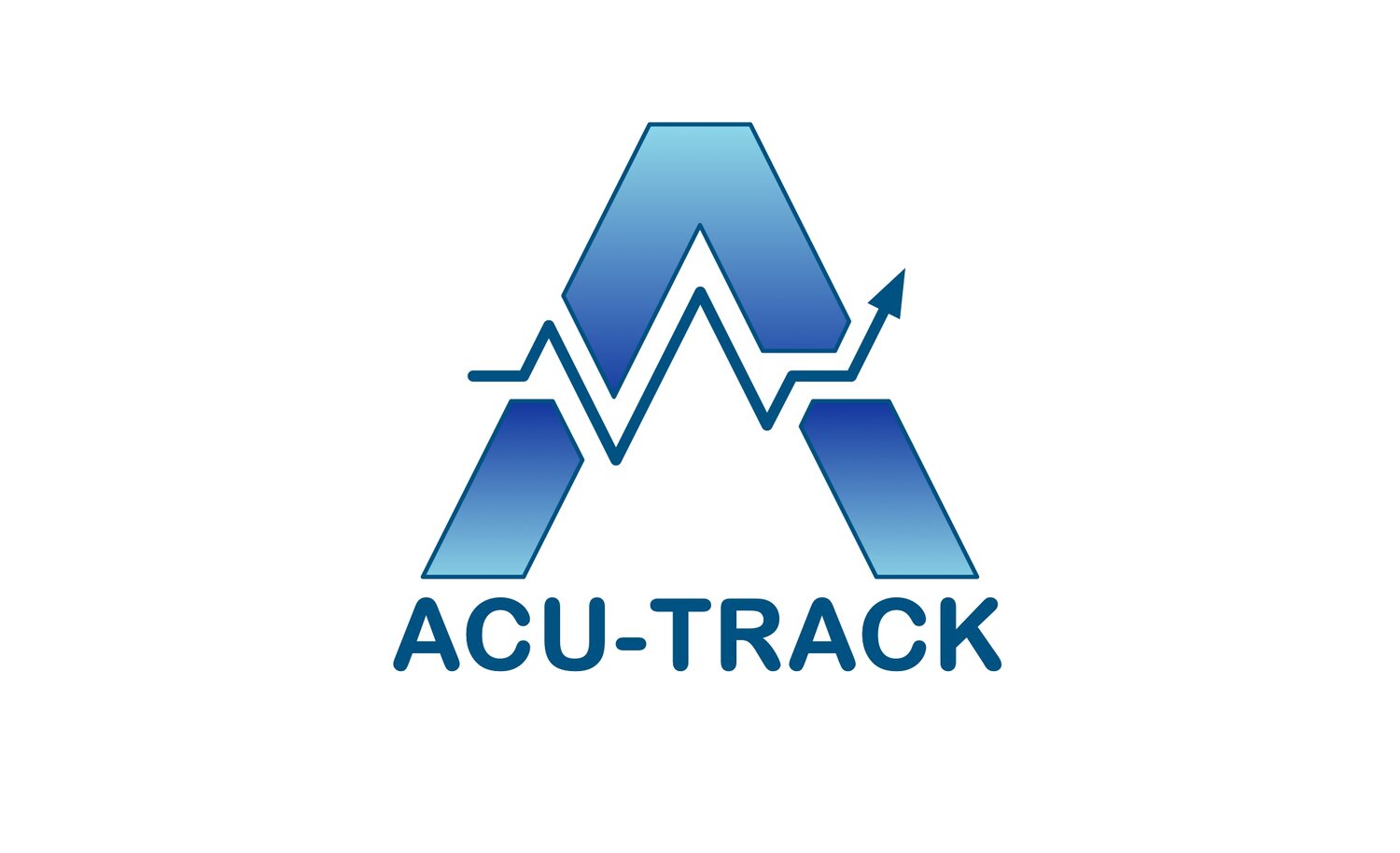ACUAWARE Study
Does acupuncture improve interoceptive awareness in people with chronic pain?
We are recruiting US-based licensed acupuncturists (LAc) for this study. Interested?
-
The ACUAWARE study aims to explore changes in Interoceptive Awareness in patients as they undergo a course of acupuncture treatment for chronic pain. As well as monitoring a patients pain levels, we are looking to see whether these patients also experience changes in how they feel and perceive their own body in relation to their pain.
-
Interoceptive Awareness is our ability to be conscious of our own bodily process by which the nervous system senses, interprets, and integrates signals. It is our ability to be self aware of how our body reacts internally to a wide range of different stimuli, both positive and negative, including pain. Interoceptive Awareness has become major research topic of interest, in particular for mind-body interventions.
-
That’s what we are aiming to find out! Our hypothesis is that acupuncture may directly improve a patient’s own Interoceptive Awareness. This may even be part of the mechanism for how acupuncture works. It may directly improve a patient’s self-awareness of their own body, in a way that has a positive impact on both their pain levels, as well as how they react when they are in pain.
-
Yes! Well, possibly… We are recruiting US-based licensed acupuncturists (LAc) only who meet our inclusion criteria below.
I’m Interested! What would I have to do?
Inclusion Criteria
You must be:
A US-based Licensed Acupuncturist (LAc)
Have a minimum of 5 years clinical experience
Practice predominantly acupuncture and traditional East Asian medicine modalities
Our preference is for practitioners who are:
Full time seeing a high volume of patients
Have experience in treating chronic pain
Provide individualised treatments for your patients as usual.
There is no set treatment protocol and all practitioners are free to use their own clinical experience and best judgement to inform the treatments they provide for each patient!
Use the ACU-Track system to administer and send patient health questionnaires.
Baseline questionnaires are administered electronically before each patient begins their course of treatments. The ACU-Track system automatically sends out all follow-up questionnaires to the patient via email over the next few months to monitor their pain levels, progress and outcomes.
Record your clinical notes electronically.
Including details such as your traditional diagnosis, techniques and modalities used, number of consultations/treatments, acu-points, additional lifestyle advice given and any adverse effects experienced by the patient.
Report any adverse effects to the study team.
Any adverse effects should be reported, including but not limited to bruising and needle shock.
I’m interested in participating in this study!
The Study Team
Principal Investigator
Lisa J. Taylor-Swanson, PhD, MAcOM, LAc
Assistant Professor, Health Systems & Community-Based Care, College of Nursing, The University of Utah
Visiting Research Fellow, University of Technology Sydney: Australian Research Centre in Complementary and Integrative Medicine
Co-Investigators
Elizabeth Osgood-Campbell, MA, EdM
Somatic movement educator, expressive arts therapist and doctoral student investigating interoceptive awareness in integrative healthcare practices at the University of Utah College of Nursing.
Nick Lowe, MSc MBAcC
Acupuncturist and researcher, Nick’s primary area of interest is in pragmatic real-world research and clinical outcomes. ACU-Track Registry Custodian
Spod Dutton, Lic.Ac
Acupuncturist and researcher, Spod has extensive experience and expertise working with large data sets. ACU-Track Registry Custodian





